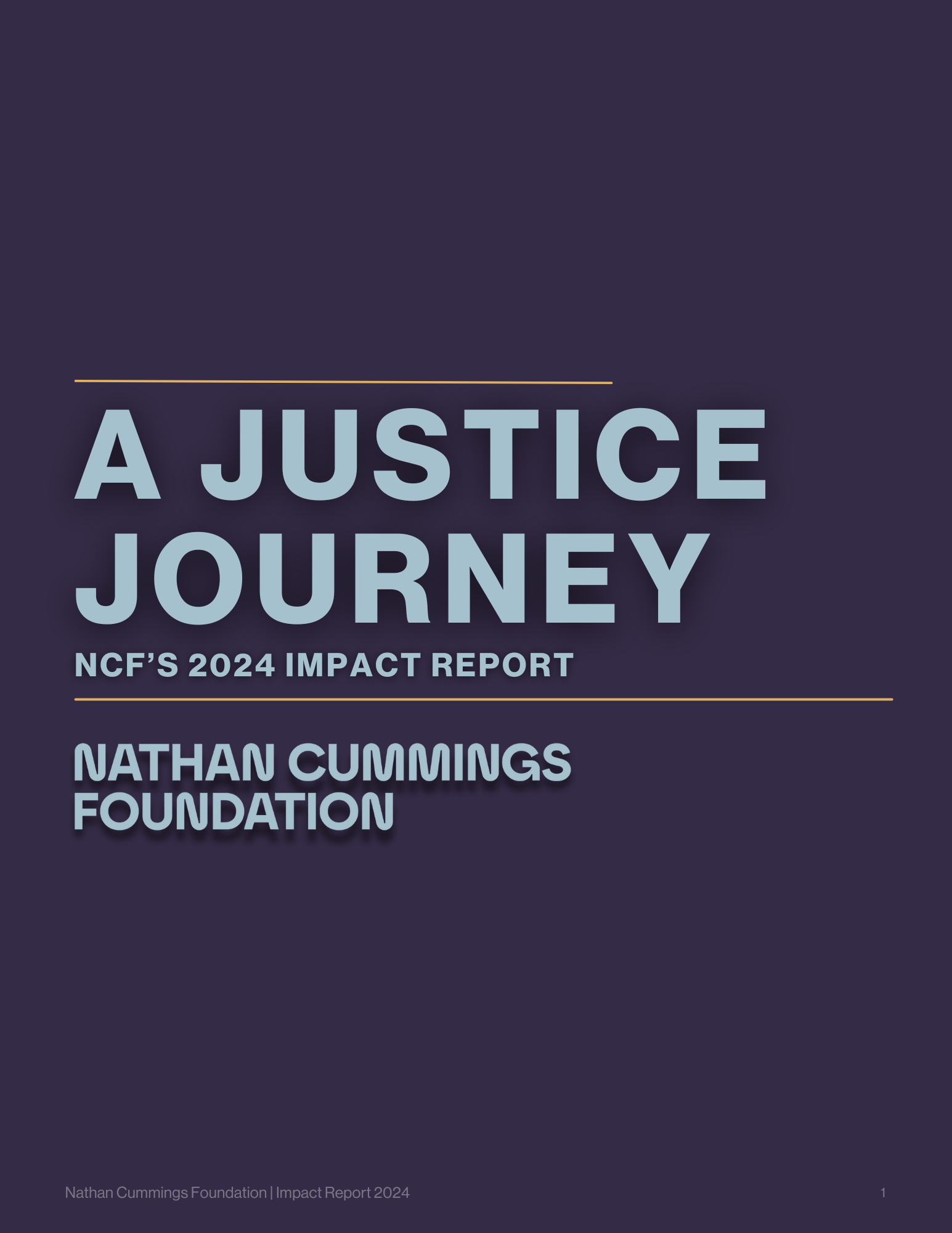Getting Proximate in Philanthropy
As we enter an era of profound division in American and global politics and civic life, the Nathan Cummings Foundation’s work to build a more just, vibrant, sustainable and democratic society is more important than ever. In an interview with Inside Philanthropy I shared some early reflections, including the need to “get proximate,” an expression that resonated strongly with many of you. While we are evaluating the shifting landscape and considering strategies for the future, one thing is clear: How we do our philanthropy may prove to be just as important as what we do with our philanthropy.
In my first year at NCF, I heard from our board and staff that this foundation is willing to have tough conversations and yearns to bring the real world into our deliberations and learning. Our board is open to taking risks and to engaging in the ways that philanthropy needs to show up today. I was also inspired by our colleagues’ calls for philanthropy to “get woke,” as Bob Ross, CEO of the California Endowment, put in a September blog post, and by Bryan Stevenson’s words:
There is no path to justice that is comfortable or convenient. We will not create justice until we’re willing to sometimes position ourselves in uncomfortable places and be a witness… If you get proximate, change narratives, stay hopeful and do uncomfortable things, it will break you. But in brokenness, you will understand compassion.
Just days after the election, the Foundation’s board and staff gathered for our final meeting of the year. We planned a learning day on racial justice, looking broadly and critically at criminal justice from a structural perspective to understand how this massive system that disproportionally impacts communities of color disrupts people’s lives, damages the strength of our communities and disenfranchises too many from participating in our democracy.
But this time, how we chose to learn was different.
We chose to get proximate to a system that few of us on the board have seen up close. We tapped expertise from professionals in the field and the real experience of individuals who have been inside the system, including some of our own interns and staff.
Encouraged and supported by our partners at the Vera Institute of Justice, we visited the Manhattan criminal court to observe arraignments. We witnessed those accused of crimes being shuttled through a process where they have scant minutes with an attorney and virtually no chance to speak for themselves. We saw firsthand the racial disparities in who enters the courtroom, how issues of health, survival and family disputes – which many of us deal with in private every day – can become issues for police, judges and lawyers instead of doctors, teachers and social workers.
We heard a moving analysis of the causes and the consequences of America’s mass incarceration crisis and our country’s focus on justice that is punitive instead of restorative from Jeremy Travis, President of John Jay College of Criminal Justice. Nick Turner, President of Vera Institute of Justice, Judith Browne Dianis, Executive Director of Advancement Project, and Glenn Martin, President and Founder of JustLeadershipUSA, pointed to local and state level innovations on policing, conditions of confinement, education and critical supports for people coming home, alongside the need for philanthropy to take risks and invest in people and solutions closest to the problems. We discussed how lives are affected inside our jails, and the challenges people face when they get out, with the leadership and program participants from two of the leading providers of re-entry services in NYC: Center for Employment Opportunities and The Fortune Society – including NCF staff who came through those programs.
Throughout the day, we imagined ourselves and our families going through these experiences. We developed deeper empathy and understanding. It became more layered and complicated, and at the same time increasingly clear. Our questions got better, our analysis more nuanced.
When we returned to the boardroom the following day, we began to take in the enormity of the fights ahead of us post-election. Our day of learning pointed us toward how we will handle this moment and our work moving forward. Several of our board members remarked that we have to listen closely to those most impacted, leverage our influence and consider issues of power and agency across our work.
The election also demonstrated the progress we can make when we focus on what people need and give them a way to be heard. Across the country, voters cast ballots to raise the minimum wage, secure the right for employees to have paid sick days, advance sentencing reforms, limit the power of dark money and create small donor incentive programs, and protect solar power and the new energy economy. These wins give us hope that communities across the country are willing to stand up for democratic values and fight back against growing inequality and the climate crisis. In the days ahead the Foundation will support our partners to hold the line and continue to make progress.
As we closed the year, the Foundation approved approximately $13 million in grants, renewing funding relationships and building new ones in line with our goals of creating a more inclusive clean economy, advancing racial and economic justice, increasing corporate and political accountability and amplifying voice, creativity and culture.
Bridging Divides and Shifting Narratives
To further advance these goals, we’re excited to announce that Elizabeth Méndez Berry and Isaac Luria will join us as Directors of Voice, Creativity and Culture.
Holding the Line and Making Progress
Grants to the Vera Institute of Justice, PolicyLink and the National Academies of Sciences will support national efforts to address mass incarceration and build the evidence needed to reform outdated, unjust policies and practices. We are continuing to support the Center for Media Justice, Color of Change and Race Forward — racial justice organizations that intertwine digital media tools, civic engagement and narrative-change strategies. These efforts are also identifying and grooming a new generation of leaders. Corporate leadership and accountability will be increasingly important on many fronts and we will continue to use our standing as an institutional investor to drive progress. Just last month our support and partnership with Open MIC led a major tech company to pledge to limit advertising by predatory lenders on its search engine.
We know that the problems we are focused on demand that we move with urgency, flexibility, greater awareness and empathy. In the days ahead, we will continue to listen to our grantees and partners in the field to think together about what we need and how we can work to meet this moment. We are actively pursuing collaborations with partners to have a greater impact. And we are thinking about how we can streamline our own processes to be more nimble, responsive and strategic.
The challenges ahead of us are great, but together we can meet them. I look forward to our work together in 2017.
Warmly,

Sharon L. Alpert
President & CEO
Nathan Cummings Foundation

